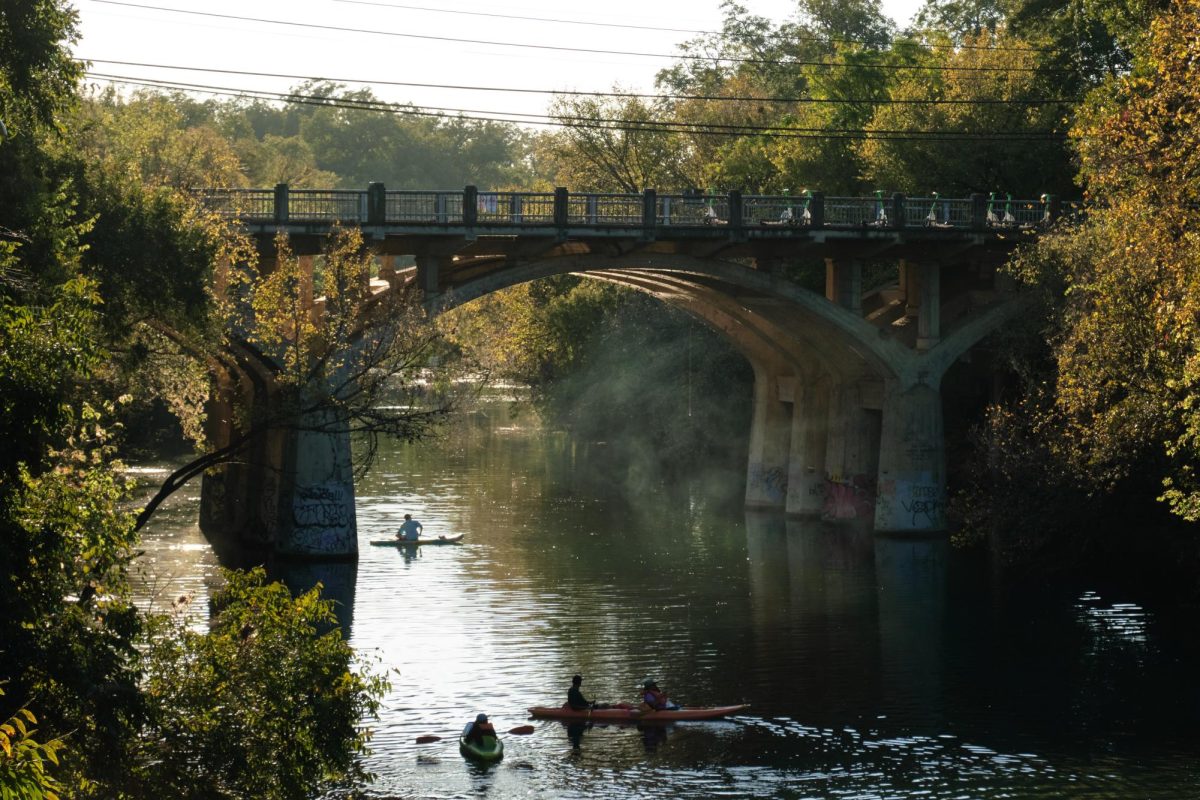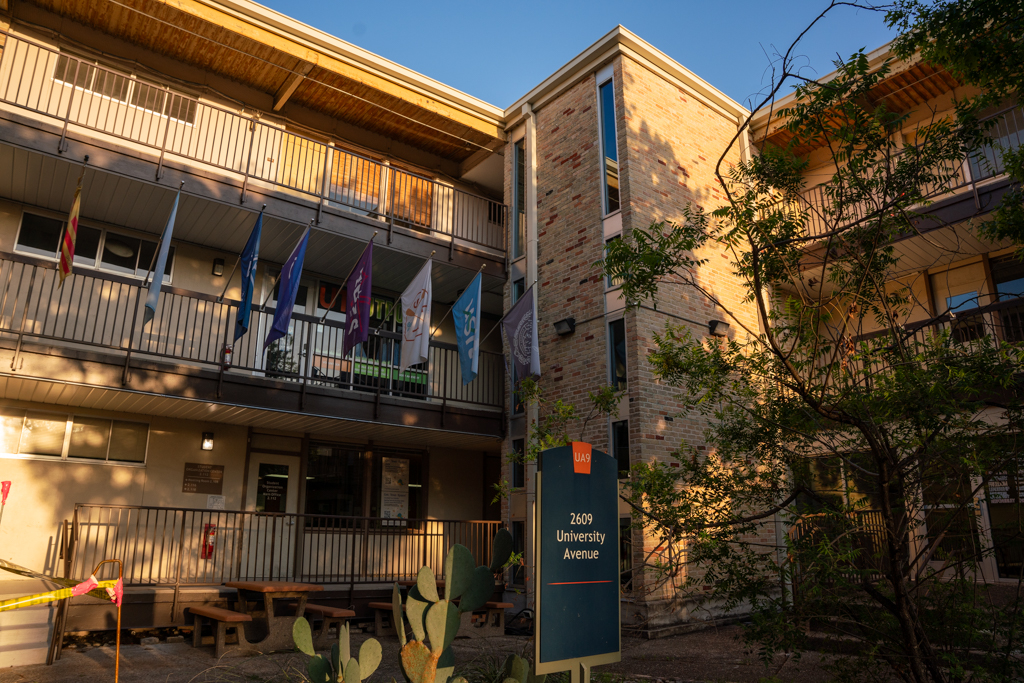A grant awarded to the city to replace the Barton Springs Bridge is temporarily protected after a protective order issued Tuesday by a federal judge extended a block against President Donald Trump’s attempt to freeze federal funds.
The distribution of the bridge’s grant was uncertain after a Jan. 20 executive order froze funds dispersed from the Inflation Reduction Act and a Jan. 27 Office of Management and Budget memorandum that required federal agencies “to identify and review all federal financial assistance programs and supporting activities” to align with the order. The government later rescinded the memo.
The federal government awarded the city $32 million in federal grants in November 2024 to fund the construction of the Barton Springs Road Bridge Project, which would replace the existing 99-year-old bridge with a new structure and widened deck, according to a Nov. 4 media release.
The project plan states the new bridge will add separate and larger bicycle and pedestrian lanes for safety along with creating intersection improvements to Barton Springs Road and Azie Morton Drive to help ease traffic flow.
The awarded grant for the bridge’s replacement, along with other transportation project grants, was “particularly vulnerable” to the executive order because of the pending status of its funding agreement, said Richard Mendoza, director of the Austin Department of Transportation and Public Works.
“A grant funding agreement must be completed between the city of Austin and the U.S. (Department of Transportation) in order for the city to begin drawing down those dollars,” intergovernmental relations officer Carrie Rogers said in an email. “That agreement is not yet complete.”
Austin officials told city departments to continue work as usual unless they received a “direct notification from its federal funding agency to cease work and/or reimbursements” on grants, according to a Feb.11 memo. Rogers said the city will continue to work with the U.S. Department of Transportation to complete the bridge’s pending grant agreement.
“These sorts of projects are just too complicated and costly to rely on local dollars alone,” Rogers said. “We need our partners, and we are grateful they continue to show up for us.”














